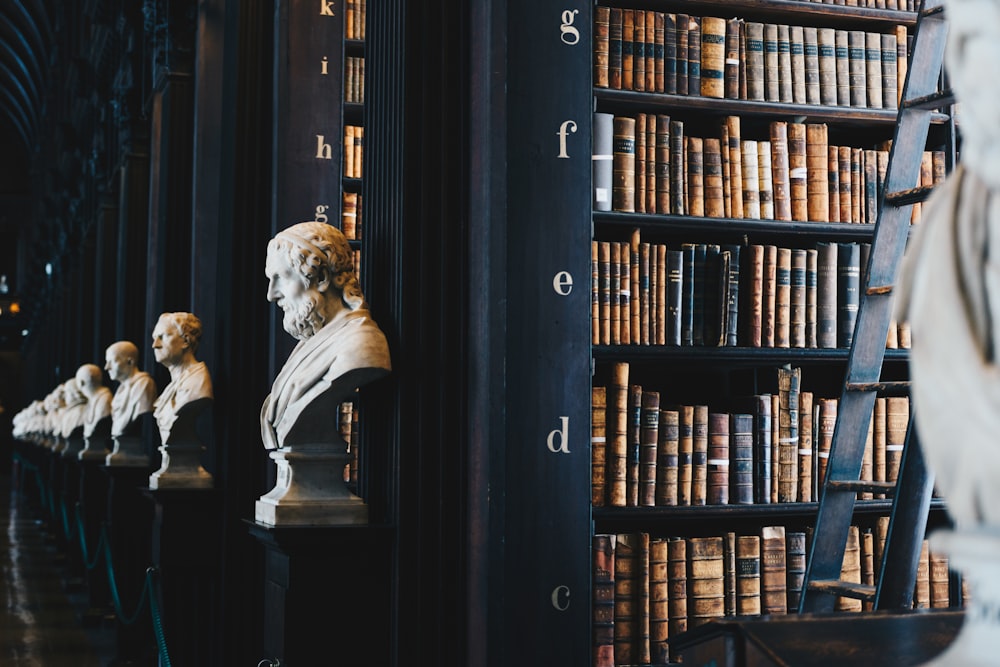
The Foundations of Diplomatic Relations
Diplomacy has long been an essential tool in international relations, serving as a means for states to engage in dialogue, negotiation, and cooperation. At the heart of diplomatic interactions lies international law, providing the legal framework within which diplomatic relations are conducted. This intersection of international law and diplomacy shapes the conduct of states, the resolution of disputes, and the pursuit of common goals on the global stage.
Legal Foundations of Diplomatic Immunity
One of the key aspects of the intersection between international law and diplomacy is the concept of diplomatic immunity. Diplomats and diplomatic missions enjoy certain legal protections under international law, granting them immunity from civil and criminal jurisdiction in the host country. This immunity is crucial for ensuring the free and effective performance of diplomatic functions, promoting open communication, and preventing diplomatic disputes from escalating into legal conflicts.
The Role of Treaties and Agreements
Treaties and international agreements play a central role in diplomatic relations governed by international law. These legal instruments establish rights, obligations, and commitments between states, shaping the parameters of diplomatic interactions. Treaties cover various aspects of diplomacy, including trade relations, diplomatic privileges and immunities, environmental cooperation, arms control, human rights, and conflict resolution. Compliance with treaty obligations is essential for maintaining trust and credibility in diplomatic engagements.
Diplomatic Negotiations and Conflict Resolution
Diplomatic negotiations are often guided by legal principles and norms outlined in international law. States engage in diplomatic dialogues to resolve conflicts, address disputes, and reach mutually acceptable agreements. Legal frameworks for conflict resolution, such as mediation, arbitration, and negotiation protocols, provide avenues for peaceful resolution of disagreements between states. Effective diplomacy backed by international law can prevent conflicts, promote stability, and foster cooperation among nations.
Legal Tools for Diplomatic Cooperation
International law offers various legal tools and mechanisms to facilitate diplomatic cooperation and collaboration. These tools include diplomatic conventions, protocols, and guidelines that outline diplomatic procedures, etiquette, and protocols. Legal advisors and experts play a crucial role in providing legal guidance to diplomats, ensuring compliance with international legal norms, and advising on the legal implications of diplomatic actions and decisions.
Diplomatic Sanctions and International Legal Principles
In cases where diplomatic relations face challenges or violations of international law occur, diplomatic sanctions may be employed as a tool of enforcement. Sanctions can take various forms, including economic sanctions, travel restrictions, and diplomatic expulsions. However, the imposition of sanctions must adhere to established international legal principles, including proportionality, non-discrimination, and respect for human rights, to ensure their effectiveness and legitimacy in diplomatic affairs.
Environmental Diplomacy and Legal Agreements
Environmental diplomacy is an area where international law and diplomacy intersect profoundly. States engage in diplomatic efforts to address global environmental challenges, negotiate climate agreements, and promote sustainable development goals. Legal frameworks such as environmental treaties, conventions, and protocols establish norms, standards, and obligations for environmental protection and cooperation, highlighting the role of law in addressing transnational environmental issues.
The Influence of Human Rights on Diplomatic Discourse
Human rights considerations often feature prominently in diplomatic discourse and negotiations guided by international law. States engage in diplomatic efforts to promote and protect human rights, address human rights violations, and hold accountable those responsible for abuses. Human rights diplomacy involves advocating for the rights of individuals and vulnerable populations, promoting gender equality, combating discrimination, and advancing social justice through diplomatic channels.
Cultural Diplomacy and Legal Dimensions
Cultural diplomacy, encompassing cultural exchanges, artistic collaborations, and public diplomacy initiatives, also intersects with international law. Legal frameworks for cultural diplomacy include agreements on cultural heritage protection, artistic copyrights, cultural exchanges, and the promotion of cultural diversity. Cultural diplomacy fosters mutual understanding, enhances soft power, and strengthens diplomatic relations between states, highlighting the role of culture in international affairs governed by law.
The Future of Diplomatic Relations in International Law
As the world faces complex challenges and opportunities, the intersection of international law and diplomacy will continue to shape global governance, conflict resolution, and cooperation among states. Strengthening legal frameworks, enhancing diplomatic skills and capacities, promoting adherence to international norms, and fostering inclusive and equitable diplomatic practices are key priorities for navigating the evolving landscape of international relations in the 21st century. Read more about International law and diplomacy






